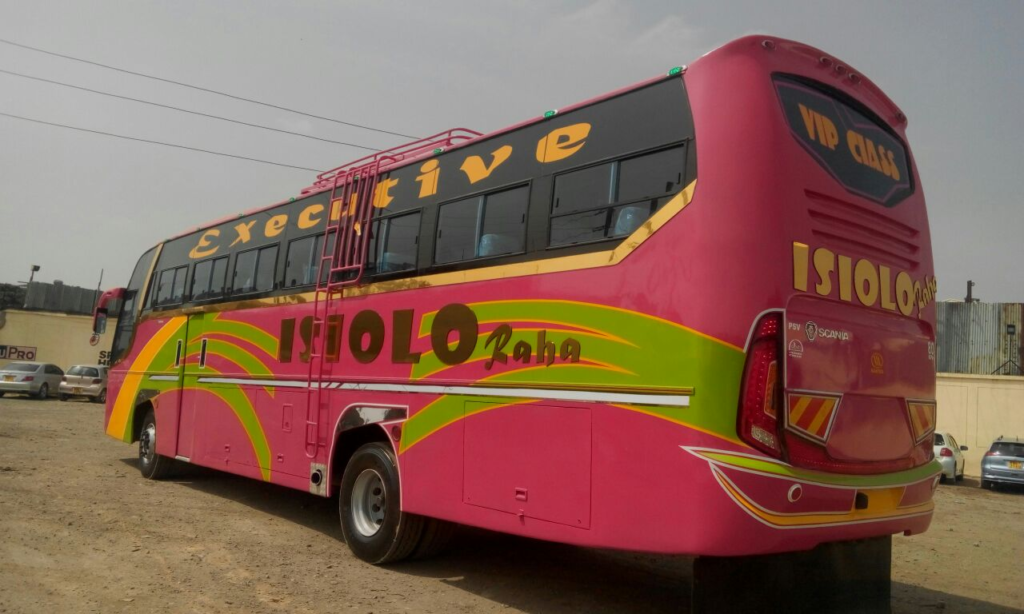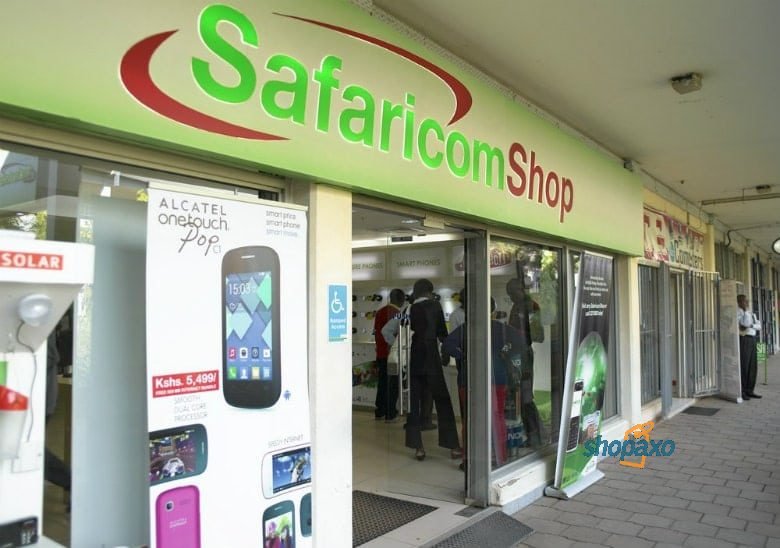Now Reading: Safaricom’s 2025 Sustainable Business Report: Lessons for Kenya’s Business Leaders
-
01
Safaricom’s 2025 Sustainable Business Report: Lessons for Kenya’s Business Leaders
Safaricom’s 2025 Sustainable Business Report: Lessons for Kenya’s Business Leaders

Safaricom PLC has released its 14th Sustainable Business Report, revealing a True Value of Ksh 1.1 trillion for the year 2024/25.
This milestone goes beyond profit — it captures how a company’s operations impact the economy, society, and environment.
For business leaders in Kenya, this report offers valuable insights into how sustainability can drive long-term profitability, resilience, and brand leadership.
The Business Case for Sustainability
Safaricom’s True Value concept shows that sustainability isn’t just about environmental projects — it’s about how companies create value for every stakeholder: employees, customers, suppliers, and communities.
Key highlights from the report include:
- Economic Impact: Ksh 809 billion contributed directly to Kenya’s GDP.
- Environmental Commitment: Over 830,000 trees planted, 694 hectares of forest restored, and 99% waste recycling rate.
- Social Inclusion: Ksh 945 million disbursed in loans through Digifarm, benefiting 169,000 people — with 36% women and 17% youth.
- Workplace Diversity: Women make up 49% of the workforce and 45% of senior leadership.
- Governance: ISO 27701 certification for data privacy and 87% reduction in fraud through AI-driven systems.
Strategic Insights for Business Leaders
Safaricom’s success demonstrates several key principles that forward-thinking executives can apply in their own organizations:
- Integrate Sustainability into Strategy
- Treat sustainability as a business driver, not a CSR function.
- Align initiatives with your company’s mission and core operations.
- Quantify Impact — Not Just Profit
- Use frameworks like Safaricom’s True Value to measure the real contribution of your business.
- Incorporate social and environmental indicators in your annual reporting.
- Invest in Green Operations
- Recycling, renewable energy adoption, and tree planting are no longer optional.
- Businesses that proactively manage their environmental footprint gain long-term cost and reputation advantages.
- Champion Inclusion and Diversity
- Safaricom’s gender parity and disability inclusion efforts strengthen innovation and corporate culture.
- Diverse teams are more adaptable to changing market dynamics.
- Leverage Technology for Transparency and Efficiency
- AI-powered systems can combat fraud, streamline compliance, and protect customer data.
- Technology isn’t just an enabler — it’s a sustainability accelerator.
Why Sustainability Makes Business Sense
For Kenyan business leaders, sustainability offers tangible returns:
- Investor Confidence: ESG-focused investors are increasingly directing capital toward companies with credible sustainability metrics.
- Risk Management: Environmental and social risks are becoming business risks. Proactive measures reduce operational and reputational exposure.
- Customer Loyalty: Modern consumers prefer brands that stand for something meaningful — especially younger demographics.
- Policy Alignment: Sustainability supports Kenya’s Vision 2030 goals and global SDGs, improving regulatory relationships and public image.
Challenges and Next Steps
Even with its achievements, Safaricom’s report raises questions every leader should consider:
- Are your sustainability goals measurable and independently verified?
- Do your CSR programs create long-term business value or short-term publicity?
- How are you preparing for climate-related disruptions in supply chains and infrastructure?
The next frontier for Kenya’s private sector is collaborative sustainability — partnerships across industries to address systemic issues like deforestation, youth unemployment, and digital inclusion.
Leadership Takeaway
The Safaricom case reminds us that sustainable business leadership is not about ticking ESG boxes.
It’s about building resilient organizations that generate profit while improving lives and protecting the planet.
As competition intensifies and consumers become more values-driven, the most successful businesses will be those that integrate sustainability into every decision — from boardroom strategy to daily operations.
Final Thought
Safaricom’s 2025 Sustainable Business Report challenges Kenyan CEOs and directors to rethink success.
Profit remains vital, but so is purpose.
In today’s marketplace, the companies that thrive are those that balance both — leading with integrity, measuring their impact, and leaving a legacy of growth that benefits everyone.
































